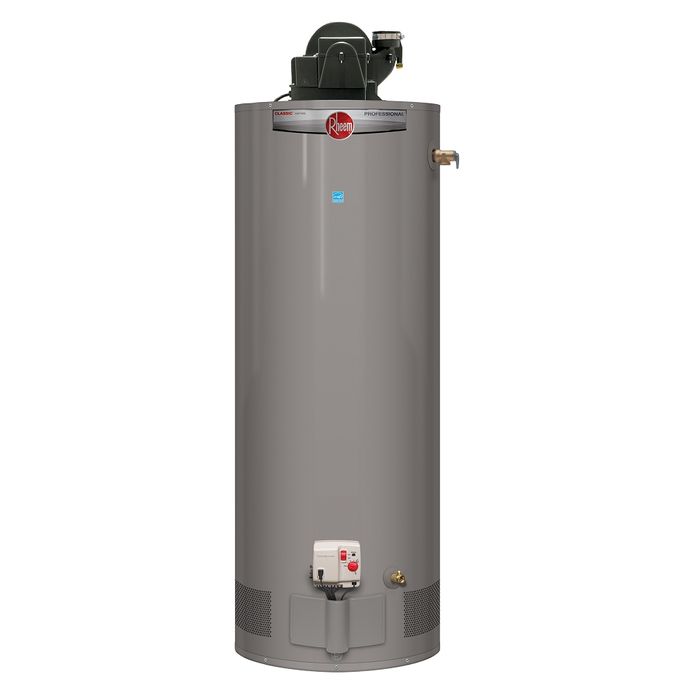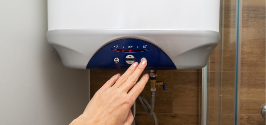We are a top-rated plumber in Tulsa. We understand the importance of changing a water heater. This task can have a significant impact on energy costs. In this blog, we'll walk you through the essentials to help you make an informed decision.
In the majority of instances, individuals contact us regarding issues with their water heater due to leaks, which unfortunately cannot be fixed and necessitate a replacement. The usual cost range for replacing a water heater falls between $1600 and $5500, with an average expenditure of approximately $3,550. However, for the remaining cases, the cost of repairing an electric water heater will primarily depend on the specific component that needs attention. On average, the repair of a water heater amounts to $506. *The prices can differ depending on the level of complexity involved.


